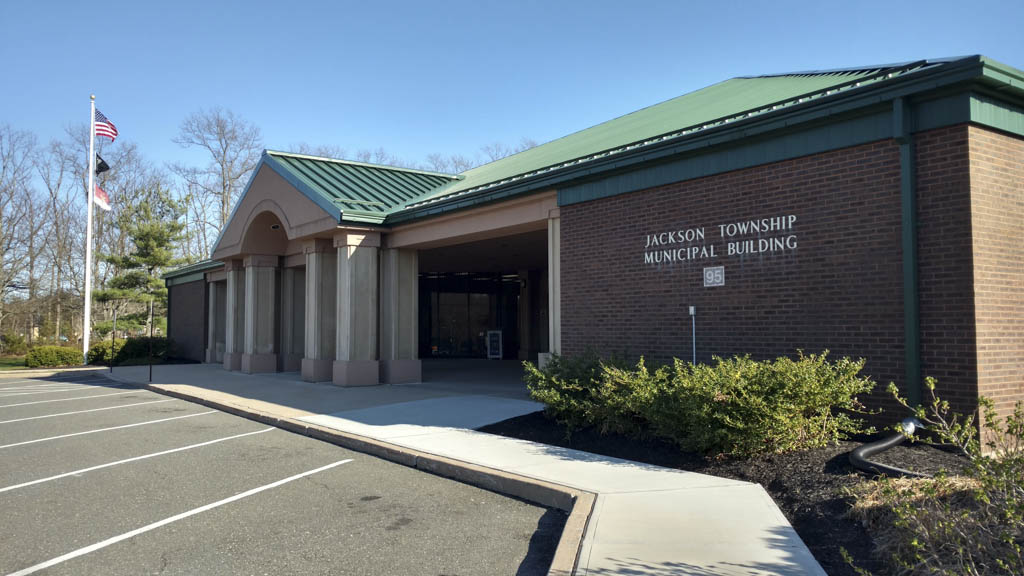JACKSON – By the slimmest of margins, the Jackson Township Council has adopted an ordinance that is expected to help the municipality continue to meet its state mandated obligation to provide opportunities for the construction of affordable housing within the community’s borders.
Affordable housing is defined as housing that is sold or rented at below prevailing marking rates to individuals and families whose annual income meets specific financial guidelines.
During a meeting on May 23, the council adopted an ordinance in a 3-2 vote with support from council President Ken Bressi, Councilwoman Ann Updegrave and Councilman Scott Martin. Councilman Barry Calogero and Councilman Robert Nixon voted no on a motion to adopt the ordinance.
The underlying issue involves Jackson’s agreement to provide an opportunity for the construction of about 1,200 affordable housing units.
Several municipal officials expressed concern that if no action was taken on the ordinance or if it was not adopted, the township’s obligation could increase to 3,000 affordable housing units and because developers are sometimes permitted to construct multiple market rate homes for every unit of affordable housing they build, Jackson could see the construction of as many as 18,000 new housing units.
Township Attorney Jean Cipriani said, “This is a watershed moment in the history of Jackson. If this ordinance is voted down, we will be violating the terms of our affordable housing settlement (with the state Superior Court). The settlement will be taken away from us.
“If (housing) does not go in the RG-2 zone (the Grawtown Road area), or if we do not create the opportunity for housing, the units will go somewhere else in the township at a higher density. This is not something we are trying to dump in this zone.
“This is not an ordinance the council likes, but we are not in a vacuum. We are trying to show compliance with our affordable housing requirements. Traffic and environmental issues (brought on by development) will be addressed if an application comes in,” Cipriani said.
Calogero said he has voiced his concerns about development in the past and added, “I refuse to allow outside agencies to dictate quality of life on Jackson residents. My concerns are to fight off bureaucratic agencies. I am accountable to the residents of Jackson.”
Nixon said outside agencies such as the Council on Affordable Housing, the courts, the Pinelands Commission and even people on Facebook “seem to know what is best for Jackson.”
Nixon criticized the Pinelands Commission, saying that body “is not a good partner for Jackson” and that “Pinelands (Commission) mandates on Jackson are a joke. The commission preserves land in the center of the Pinelands, but allows the destruction of Jackson” by permitting development on the edge of the Pinelands.
Nixon said a property owner in the Grawtown Road area had been approached with an offer to purchase his property so it could be preserved from development and he said the owner refused to sell. Nixon said that is an example of greed on the part of an individual.
Updegrave expressed concern with the ordinance, saying, “We dislike state mandates, but we have to live with them.” Specifically in terms of affordable housing, Updegrave said, “If we (reject the ordinance), we are giving state mandates more power.”
Bressi said the Planning Board reviewed the ordinance and found it to be consistent with Jackson’s master plan. He said zoning is not being changed, but accommodations are being made for Pinelands development credits which will be paid for by developers if and when development occurs in the Grawtown Road area.
Martin said no one on the council is in favor of allowing people or agencies from outside Jackson to dictate what should occur in the community, but he said, “If this ordinance goes down, the Pinelands Commission will come in and dictate to us how our town will develop.
“Our obligation could go from 1,200 affordable housing units to 3,000 affordable housing units, and 18,000 total housing units with a builders remedy. This ordinance going down guarantees overdevelopment. We are trying to slow it down,” Martin said.




